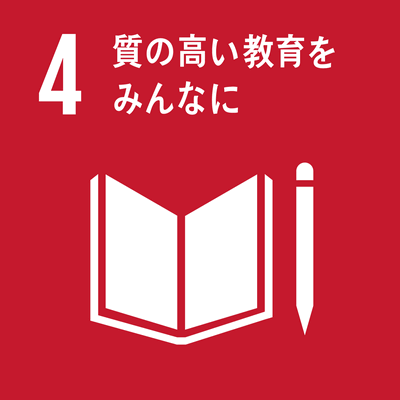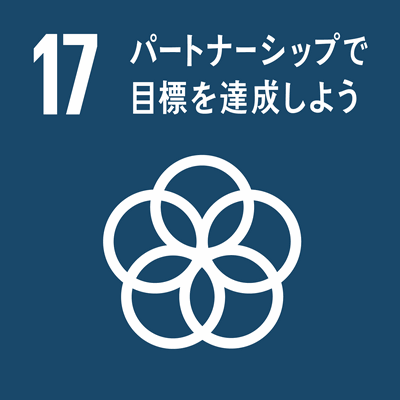シラバス表示
シラバスの詳細な内容を表示します。
→ 閉じる(シラバスの一覧にもどる)
科目の基本情報
| 開講年度 | 2020 年度 | |
|---|---|---|
| 開講区分 | 教養教育・教養統合科目・国際理解・現代社会理解 | |
| 受講対象学生 |
学部(学士課程) : 1年次, 2年次, 3年次, 4年次, 5年次, 6年次 |
|
| 授業科目名 | 国際理解特殊講義 | |
| こくさいりかいとくしゅこうぎ | ||
| Lecture Course in International Understanding | ||
| 授業テーマ | 英語でエッセイ | |
| 単位数 | 2 単位 | |
| ナンバリングコード | libr-comp-ILEC1211-005
|
|
| 開放科目 | 非開放科目 | |
| 分野 | 人文 (2014年度(平成26年度)以前入学生対象) | |
| 開講学期 |
前期 |
|
| 開講時間 |
木曜日 1, 2時限 |
|
| 開講場所 | ||
| 担当教員 | マクダニエル・フロイド(非常勤講師) | |
| Floyd McDaniel II | ||
| SDGsの目標 |
|
|
学修の目的と方法
| 授業の概要 | Practice writing short compositions (multi-paragraph) in English. Learning American/English styles and formats of short composition writing. |
|---|---|
| 学修の目的 | I am aiming at teaching a skill; not merely "getting some information." Students can "get information" by reading a book. To develop this writing skill, students are expected to write and participate in conversation during clas (every week). Students will also develop their intellects when learning to write in an engaging and/or persuasive manner. Finally, students will learn to become sensitive to the different English writing styles. |
| 学修の到達目標 | Upon finishing this class, students should be able to confidently (1) write short essays in English in proper English writing styles, (2) revise their own essays - and the essays of others - for improvement beyond mere spelling and grammar, and (3) understand the difference between writing a personal introduction, telling a narrative (both first term), giving examples to illustrate a point, and giving resons to support/defend a position (both second term). |
| ディプロマ・ポリシー |
|
| 成績評価方法と基準 | Grades are 30% based on in-class work, about 70% from 3 "large" compositions done throughout the semester. |
| 授業の方法 | 講義 演習 |
| 授業の特徴 |
問題自己設定型PBL プレゼンテーション/ディベートを取り入れた授業 グループ学習の要素を加えた授業 教員と学生、学生相互のやり取りが、ほぼ英語で進められる授業 |
| 授業改善の工夫 | |
| 教科書 | "Writers at Work: The Short Composition" by: Ann O. Strauch Cambridge University Press ISBN 0-521-54496-3 |
| 参考書 | None. |
| オフィスアワー | None. As I am a part-time teacher at Mie University, I am only there on Thursdays. Students will be advised on how to contact me through e-mail or otherwise during the first class. |
| 受講要件 | Students who passed English I, have a sufficient score on TOEIC or have an otherwise solid background in English. |
| 予め履修が望ましい科目 | |
| 発展科目 | |
| その他 | This class is taught in English ONLY. While it is listed as an entry level class, you must have a good background in English. Students are expected to write and speak in English in this class! |
授業計画
| MoodleのコースURL |
|---|
| キーワード | English, Writing, Short Composition |
|---|---|
| Key Word(s) | English, Writing, Short Composition |
| 学修内容 | (Both semesters use the same textbook, but different parts. Students can take only one term, or both terms without repeating any parts.) Week 1 - Introduction and Class Overview Week 2 - Main Idea and introduction to first paper (interview) Week 3 - Main Idea (continued), Body and Interviewing Week 4 - Effective "bodies" Week 5 - Concluding a short composition Week 6 - Revising Week 7 - Editing Week 8 - Turn in first writing, begin "Narrative" writing Week 9 - Writing effective "narrative"-style bodies Week 10 - Revising 2 - Deleting irrelevant material Week 11 - Editing 2 - Verb Tense Week 12 - Turn in second writing, begin "Proverbs and Quotations" Week 13 - Reacting to a Proverb or Quote with your own opinions Week 14 - Revision (in class) or Proverb/Quote paper Week 15 - Edit final paper Week 16 - Submit final paper, class feedback and parting words. |
| 事前・事後学修の内容 | This class does not require any special preparation or review (other than buying the textbook) before week 1. Throughout the term, I will explain what to prepare for the next week during class. As it may change based on the progress or level of the students, it will be explained in class rather than in the syllabus. |
















